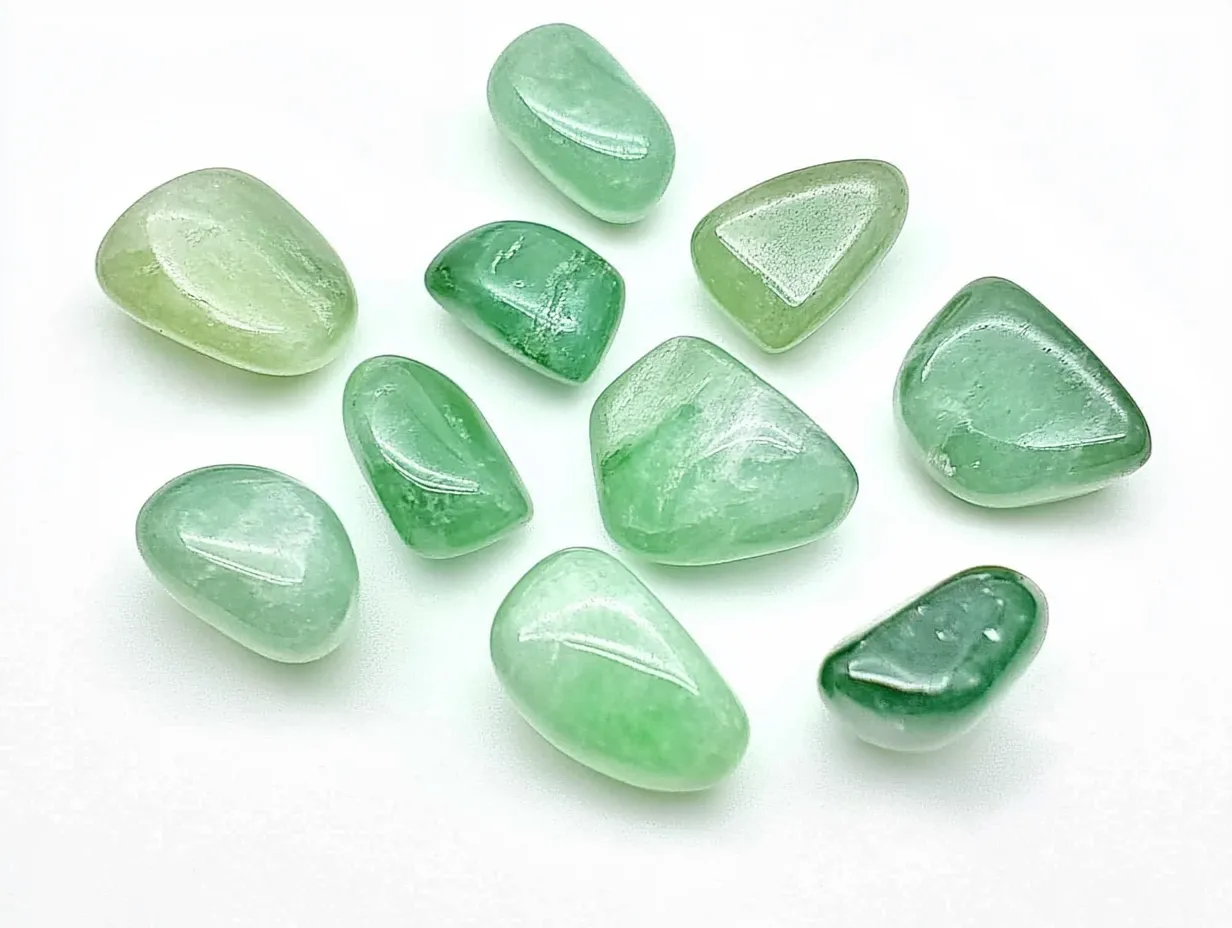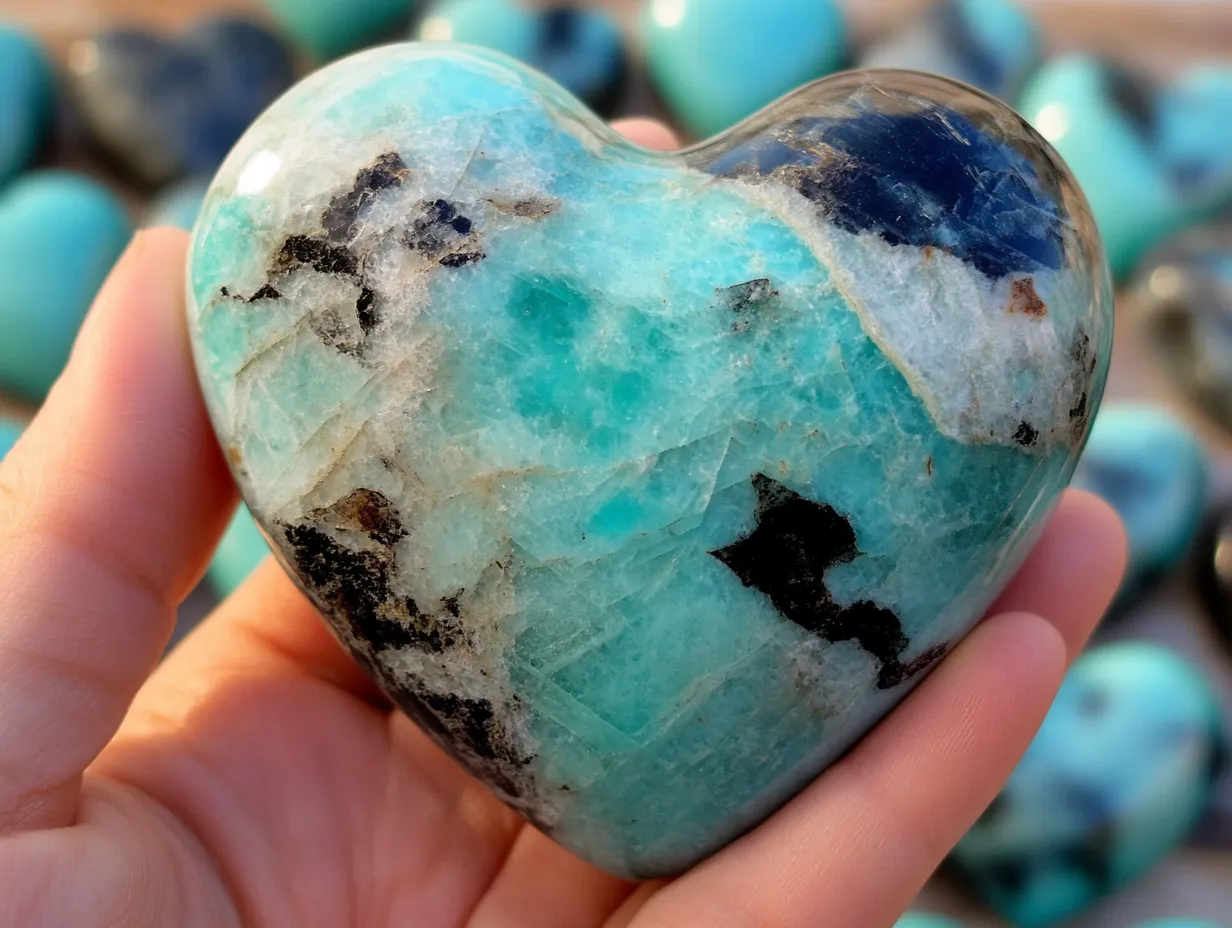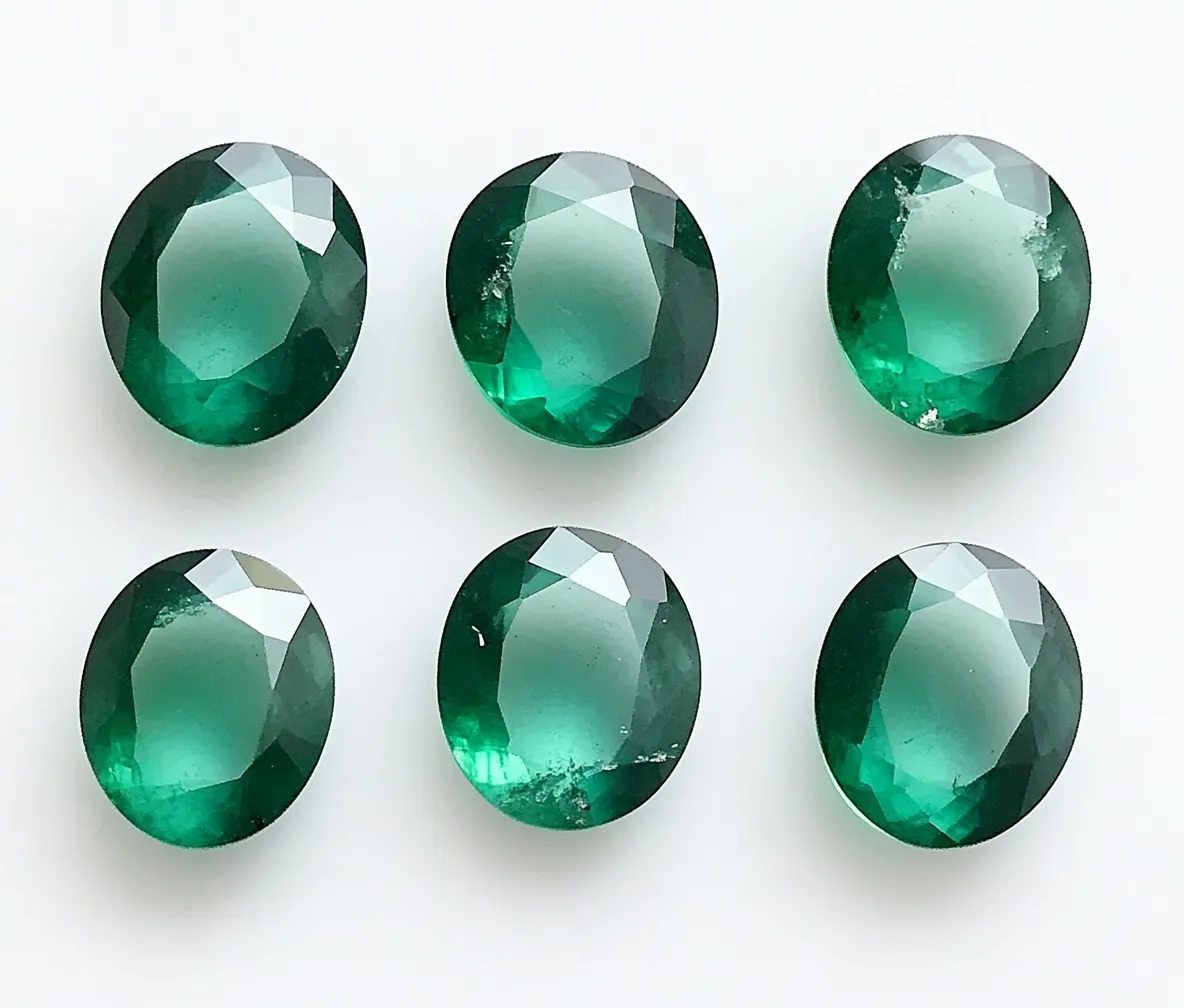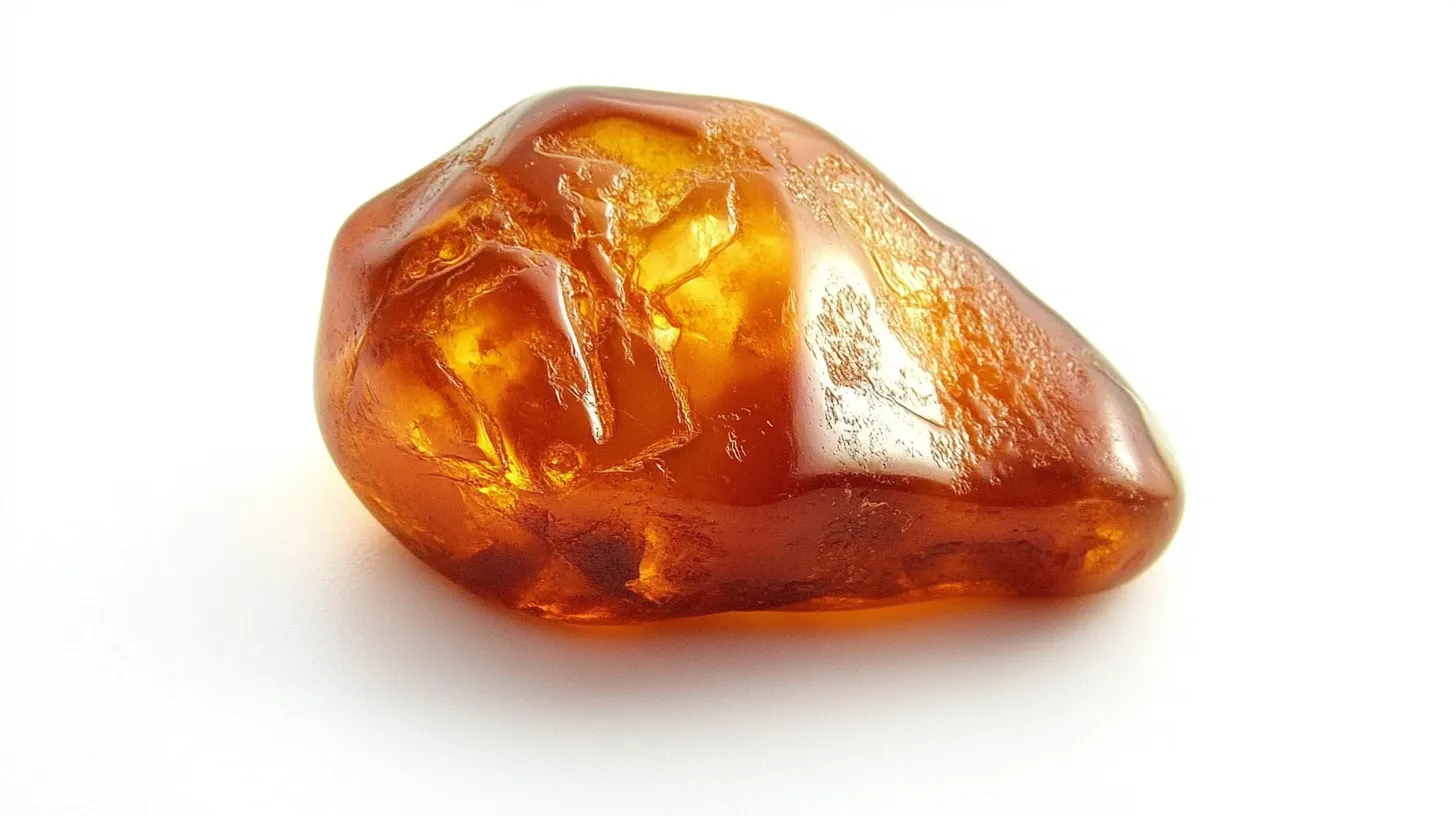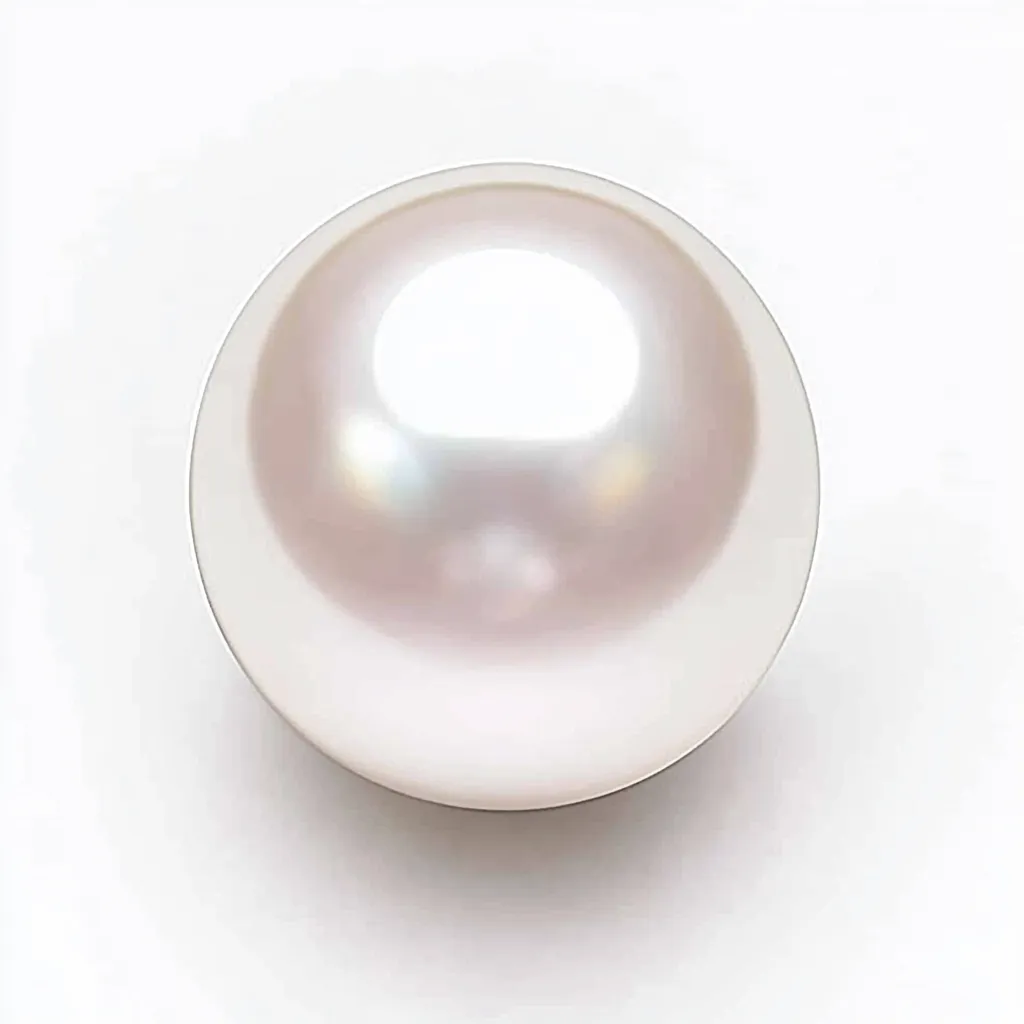Jade Stone
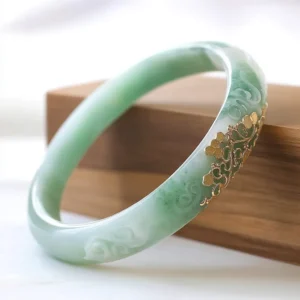

Jade Stone Interpretations and Introduction
Renowned for their calming green tones and strong link to wisdom, peace, and prosperity, jade is one of the most loved and respected stones in the world. For millennia, it has been a sign of purity and peace, frequently connected with harmony, balance, and good fortune. For those looking for protection and emotional healing, many civilizations consider jade to be a go-to stone since many believe it can attract positive energy while rejecting negative influences.
Beyond its obvious appeal, jade has a deep connection to spiritual practices. Jade is often used in meditation to enhance inner peace and clarity. The stone also aids in decision-making by calming the mind and promoting logical reasoning. Whether worn as jewelry or a talisman, jade is supposed to foster general well-being and provide life’s stability.

The Jade Stone’s Background
Jade boasts a rich and intriguing past going back thousands of years. Ancient civilizations, particularly in China, Central America, and New Zealand, revered this stone for its beauty and mystical properties. Particularly the Chinese considered jade as more valuable than gold; they used it to create ceremonial objects, jewelry, and fine carvings. Believing it would bring divine protection and longevity, emperors and nobles dressed in jade as a sign of their high status.
Jade was considered the perfect emblem of life and fertility in Mesoamerican societies, including the Mayans and Aztecs. Believing it would guarantee safe passage to the next world, they created elaborate jade masks, amulets, and burial ornaments. Likewise, the Maori people of New Zealand fashioned jade into weapons and pendants, passing down treasured heirlooms with spiritual meaning over generations.
| Civilization | Jade Significance | Common Uses |
|---|---|---|
| China | Symbol of wealth and protection | Jewelry, carvings, ceremonial objects |
| Mesoamerica (Mayans, Aztecs) | Passage to the afterlife | Burial masks, amulets, ornaments |
| Maori (New Zealand) | Spiritual significance | Weapons, heirlooms, pendants |
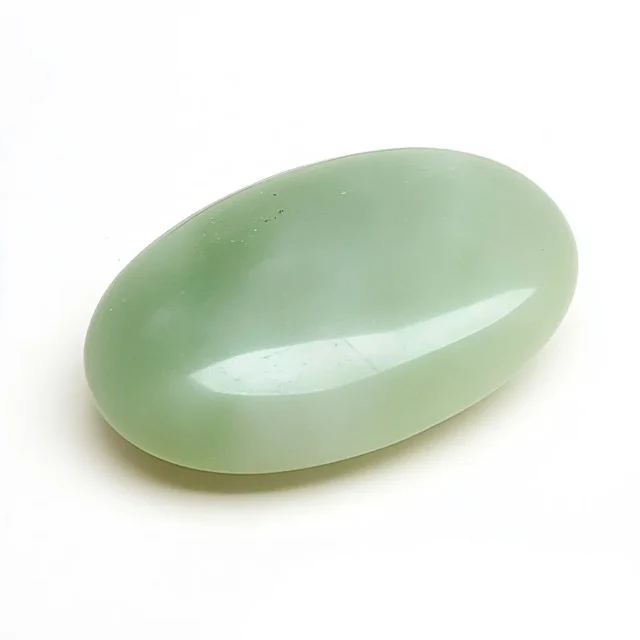
Physical Attributes of Jade Stone
Two varieties of this unusual mineral are jadeite and nephrite. Although both are called jade, their compositions and appearances differ. A silicate of calcium and magnesium, nephrite has a softer texture and creamy green tones. Conversely, jadeite is a silicate of sodium and aluminum with more hardness and vivid, green tones.
| Attributes | Nephrite Jade | Jadeite Jade |
|---|---|---|
| Hardness (Mohs) | 6 – 6.5 | 6.5 – 7 |
| Composition | Calcium and magnesium silicate | Sodium and aluminum silicate |
| Common Colors | Green, white, brown | Green, lavender, blue |
| Rarity | More common | Rarer and more valuable |
Because of its strength, jade is a wonderful material for jewelry, carvings, and decorative accents. Despite its toughness, jade should be handled with care to prevent scratches and fractures, ensuring its beauty lasts for generations.

Jade Stone Healing Properties and Benefits
Jade is often associated with physical, emotional, and spiritual healing. It is believed to support the body’s filtration organs, particularly the kidneys, by promoting detoxification and balancing fluids. Many practitioners recommend jade to those suffering from kidney stones or urinary tract issues due to its purifying properties.
On an emotional level, jade is a powerful stone for reducing stress and promoting emotional stability. It is said to encourage self-sufficiency, boost confidence, and help release negative thoughts. Many people turn to jade when dealing with anxiety, as it fosters a deep sense of calm and peace.
| Healing Attribute | Prospective Benefits of Jade |
|---|---|
| Physical Wellness | Supports immune enhancement, detoxification, and kidney function |
| Emotional Harmony | Reduces anxiety, enhances confidence, and releases negativity |
| Spiritual Growth | Enhances wisdom, attracts wealth, and connects with higher energies |
Jade is, spiritually, a strong attractor of success and prosperity. Many people carry a piece of jade in their pocketbook or office to invite career advancement and financial stability. Jade is still a beloved stone for well-being, whether one uses it for its healing powers or for decoration.

Different Kinds of Jade Stones
Each of the several colors that Jade comes in has special meaning and qualities. Though the most well-known color is green jade, there are several other colors worth investigating.
| Jade Type | Color | Associated Meaning |
|---|---|---|
| Green Jade | Green | Wealth, peace, harmony, and balance |
| White Jade | White | Clarity, harmony, wisdom |
| Black Jade | Black | Protection, stability, grounding, and strength |
| Purple Jade | Purple | Spiritual awakening, intuition, and higher consciousness |
| Red Jade | Red | Passion, vitality, inspiration |
Every kind of jade has different energies; thus, it is important to choose a stone that fits your particular requirements. There is a jade stone fit for every goal—protection, wealth, or emotional balance.

Advice on Jade Stone Cleansing
Regular cleansing is essential to maintain the energetic vitality of your jade stone. Cleaning jade is as simple as rinsing it under running water. A natural purifier, water helps eliminate any absorbed negativity, restoring the original energy of the stone.
Using sound vibrations is another quite useful technique. Clear any residual energy from the stone by singing bowls, bells, or chanting. Jade also naturally recharges under the moonlight, giving it fresh strength and vitality.
| Cleansing Technique | Effectiveness |
|---|---|
| Rinse with Water | Cleans both physical and energetic contaminants |
| Moonlight Charge | Restores natural vibrations |
| Sound Cleansing | Removes negative energy |
| Smudging | Cleanses with smoke |
Regularly cleaning jade guarantees that it stays a strong tool for protection, wealth, and healing.

Divine Jade Stone Meanings
In divination, jade is a common guiding stone for making significant life decisions. It is supposed to boost intuition and enable people to access their subconscious knowledge. During readings, many practitioners explore personal and spiritual concerns using jade pendulums or tumbled stones.
When working with jade in divination, it’s important to have a clear intention before seeking answers. Placing the stone under your pillow or holding it while meditating will help you to recall dreams and offer the subconscious mind hidden messages. Jade is a mild but effective tool for people trying to connect with their inner selves and navigate life with clarity.
Stones of Jade and Angels
Because of its strong connection to angelic energies, jade is a favorite among those seeking spiritual guidance. Many think jade lets one receive messages from guardian angels, bridging the gap between the physical and spiritual spheres. Archangel Raphael, the healer of the angelic domain, is particularly associated with jade, believed to enhance emotional and physical well-being.
Working with angelic energies, those who use jade in their meditative practices hold it while praying or place it on their heart chakra to receive divine love and healing. For spiritual seekers, jade is still a revered stone, whether used for protection, clarity, or invitation to angelic blessings.

Questions and Answers
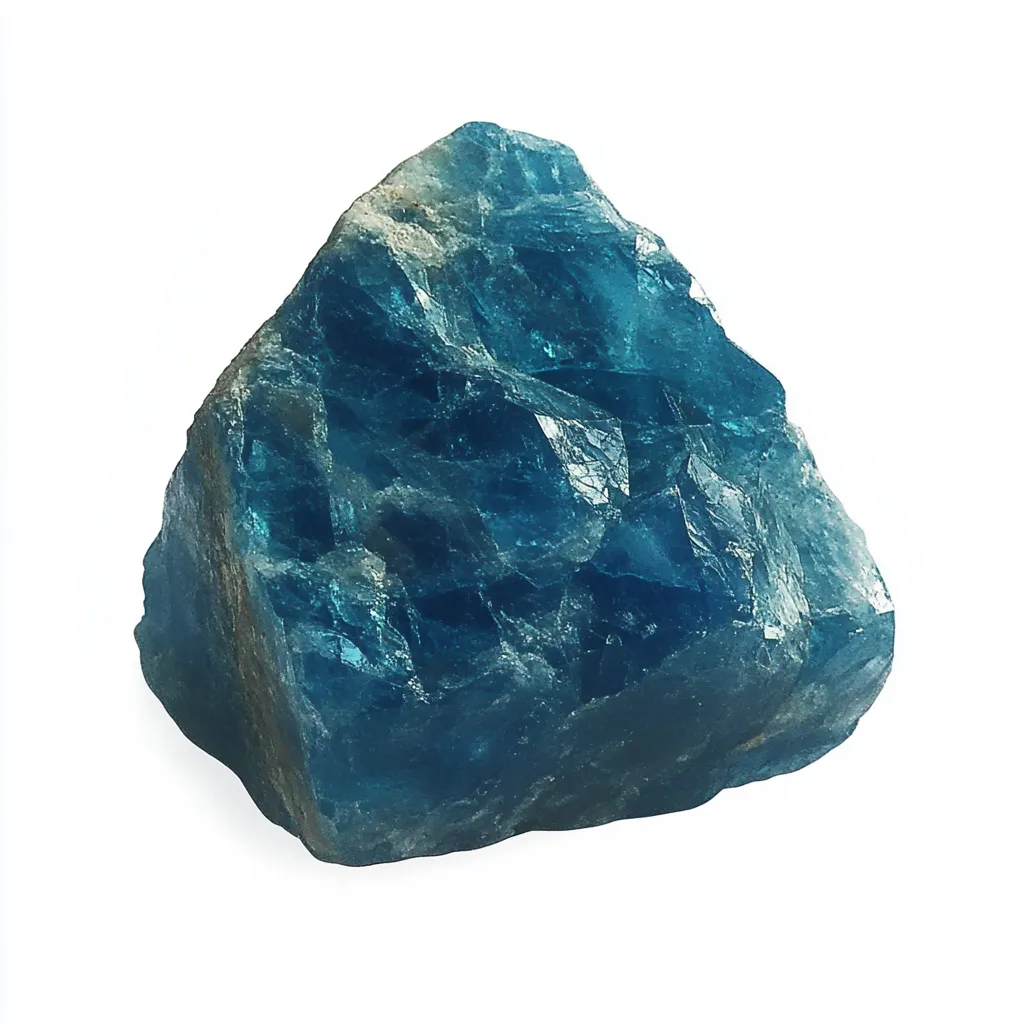
Apatite Stone
Other Details About Jade
Jade Stone: Beauty and Variability
For millennia, different civilizations have valued jade stone for its spiritual relevance, beauty, and resilience. It falls mostly into two varieties: jadeite and nephrite jade. While Nephrite Jade has been in use for thousands of years and is more common, Jadeite is rarer and typically more valuable.
Jade’s Colour
The broad range of colors of jade stone is among its most amazing features. Though Colorful Jade exists in many colors, each with its meaning and visual appeal, the most well-known shade is green. Among the most often used colors are some like:
The most classic color, green jade, is usually connected with harmony and wealth.
Apple Green Jade is a brilliant, vivid green meant to represent health and luck.
A rarer variation known for its spiritual qualities and connection with wisdom and insight is purple jade.
Pink jade is a gentle, delicate color connected with emotional balance and love.
Gray Jade is a subdued and sophisticated color that usually stands for inner peace and stability.
Prized for their elegance and purity, white nephrite jade represents peace and clarity.
Common Jade Colors and Their Meanings
| Color | Meaning |
|---|---|
| Green Jade | Harmony and wealth |
| Apple Green Jade | Health and luck |
| Purple Jade | Wisdom and insight |
| Pink Jade | Emotional balance and love |
| Gray Jade | Inner peace and stability |
| White Nephrite Jade | Peace and clarity |
Nephrite Jade: Its Significance
Ancient civilizations, particularly in China, revered nephrite jade as a symbol of moral integrity and purity. Usually connected with protection, knowledge, and balance, the spiritual meaning of nephrite jade is also related to many who think it can help the wearer bring peace and fight negative energy.
The Advantages of Wearing Jade
People have worn jade stone historically not only for its beauty but also for its alleged healing and protective properties. Wearing jade has several advantages.
Promotes inner peace, helps one relax, and calms the mind by means of emotional healing.
Physical Health: Some say it supports kidney and heart health as well as helps in detoxification.
Good Luck and Prosperity: Jade is regarded in many societies as a lucky stone, drawing wealth and positive energy.
The Value of Jade
Jade Stone’s value changes depending on type, color, translucency, and origin, among other elements. Jade’s price can vary from quite reasonable to quite costly. Especially when they show outstanding translucency, some of the most prized variants are Apple Green Jade and Purple Jade.
Factors Affecting Jade Value
| Factor | Influence on Value |
|---|---|
| Type | Jadeite is rarer and more valuable than nephrite |
| Color | Vibrant colors like Apple Green and Purple are highly prized |
| Translucency | More translucent jade is considered more valuable |
| Origin | Myanmar jadeite is among the most valuable |
The Costs of White Jade
Often used for jewelry and carving, white nephrite jade is especially prized in Chinese culture. Texture, purity, and source all affect the price of white jade. Smooth, semi-translucent, pure-of-contaminants pieces are the most in demand.
Green Jade Animal Carvings
For millennia, jade work has included carving as a fundamental component. Particularly well-liked are green jade animal carvings, which feature dragon, turtle, and legendary creature figures representing strength, lifespan, and good fortune. These complex sculptures accentuate Jade Stone’s artistic ability and rich cultural legacy.
Polished Jade Against Raw Jade Rock
Collectors and aficionados often seek both raw jade rock and polished jade. Raw jade rock is prized for its unspoiled beauty; polished jade improves the stone’s luster, color, and smoothness, so it is better suited for jewelry and décor items.
India Jade Stone Afghanistan
There are jade deposits all around; major sources are Canada, China, and Myanmar. But the quality and unusual colors of Afghanistan Jade Stone have lately attracted attention. Usually used in jewelry and carvings, this range adds to the worldwide variation of jade stone.

